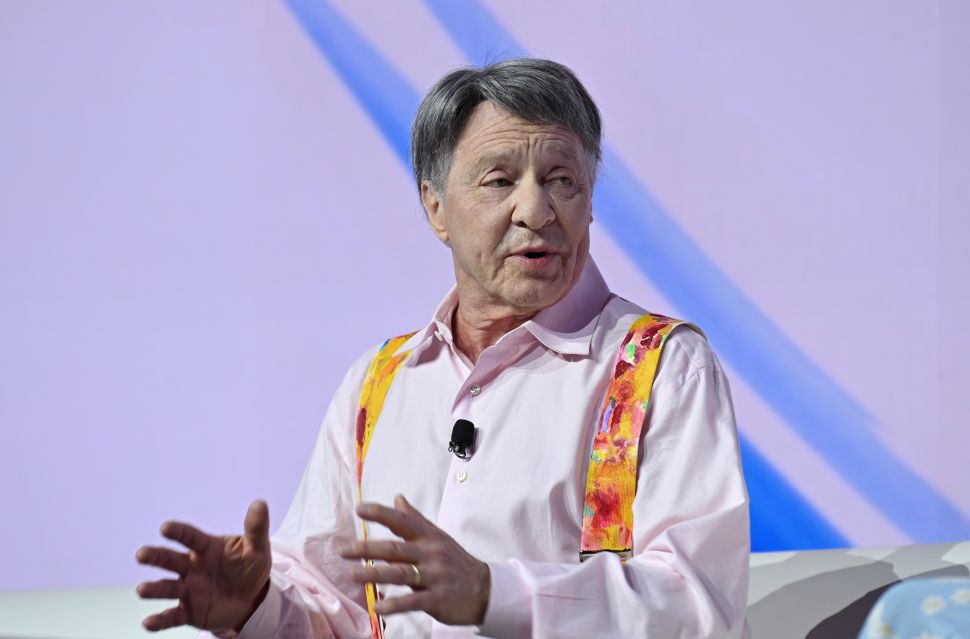Ray Kurzweil, a renowned inventor and futurist, has long envisioned a future where humans and A.I. work in tandem. Now, he’s edging closer to that reality with Beyond Imagination, a robotics startup reportedly seeking to raise $100 million in a Series B funding round, according to Reuters.
Kurzweil co-founded Beyond Imagination in 2018 with Harry Floor, a scientist and film producer, to develop autonomous A.I. systems capable of physical labor. The company is building humanoid robots aimed at addressing labor shortages in sectors such as health care and agriculture. Its advisory board includes motivational speaker Tony Robbins, former Qualcomm CEO Paul Jacobs, and former Paramount Pictures CEO James Gianopulos.
Between 2018 and 2019, the startup raised $4.2 million in seed funding and was most recently valued at $25 million, per Crunchbase. Reuters reported that its upcoming valuation could reach $500 million, with Gauntlet Ventures—a Dallas-based venture capital firm—expected to be the sole investor in the new round.
Humans and technology meld together in the ‘Singularity’
Kurzweil, a pioneer in fields ranging from A.I. and health to music technology, has received numerous accolades including the National Medal of Technology and Innovation and a Technical Grammy Award. Yet he’s best known as a futurist who believes in the concept of the “Singularity”—a moment when machines surpass human intelligence and humans merge with technology. While this notion seemed distant when Kurzweil published The Singularity Is Near in 2005, it now feels more plausible in the wake of A.I. advances like OpenAI’s ChatGPT.
In an interview last year, Kurzweil predicted that the kind of rapid progress seen in large language models (LLMs) will soon extend to robotics. He claimed that humanoid robots will eventually “do everything humans can do with our hands and bodies.”
Beyond Imagination’s robots, for instance, are designed to improve efficiency in physical labor and take on dangerous or undesirable jobs. The company has suggested possible roles ranging from surgical assistants to ghost kitchen staff. According to Reuters, it is also building an operating system to enable collaboration between humans, robots and other machines.

